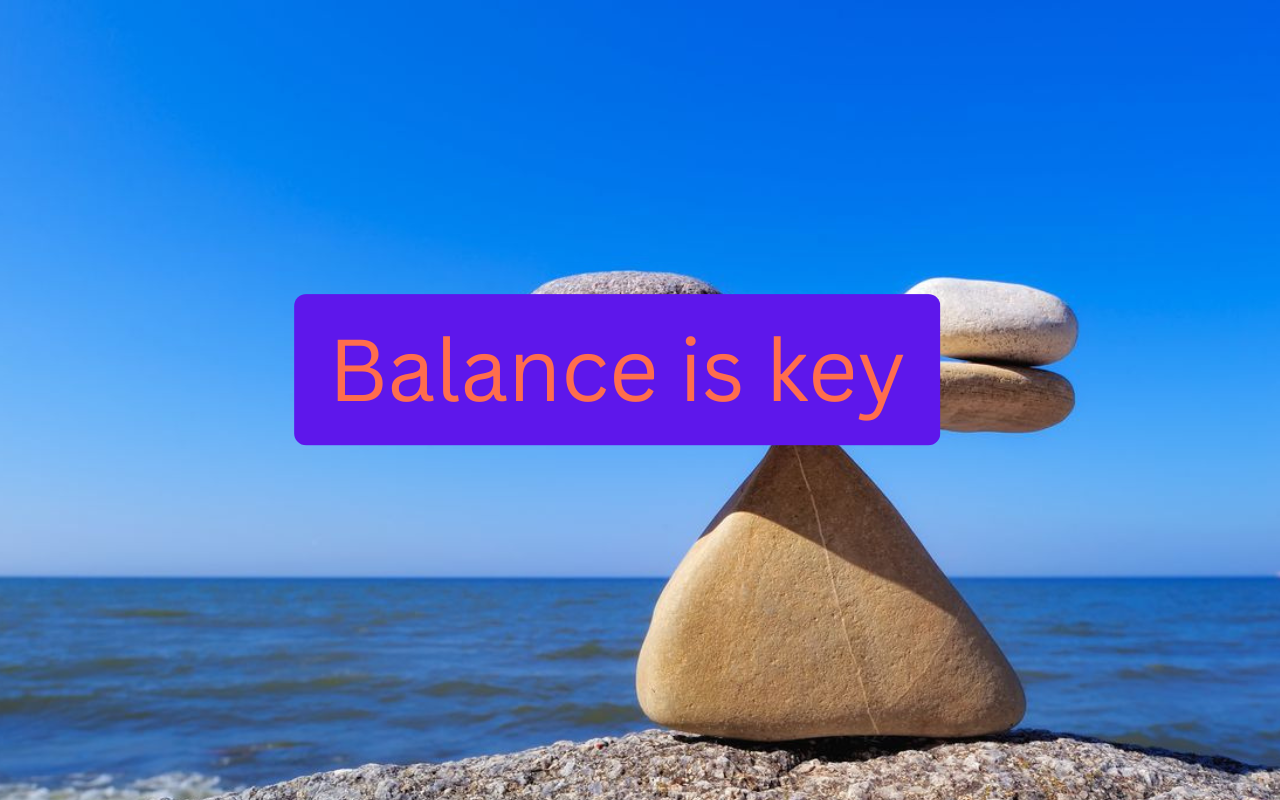Pleasure is often misunderstood—either as indulgence to be chased or guilt to be avoided. Yet a conscious approach to life teaches that true satisfaction lies in balance. Enjoyment becomes a practice, a way of engaging fully with the senses, without surrendering to excess.
The Power of Moderation
Research shows that mindfulness around pleasure—whether in food, leisure, or sensual experiences—enhances well-being, reduces stress, and improves long-term health (National Institutes of Health — www.nih.gov). Experiencing delight consciously cultivates presence and joy.
A Philosophy of Intentional Enjoyment
- Savor, Don’t Rush: Whether drinking a fine wine, tasting chocolate, or walking in nature, awareness amplifies satisfaction.
- Quality Over Quantity: Choose experiences that resonate deeply rather than accumulating superficial indulgences.
- Balance as Empowerment: Pleasure aligned with self-awareness strengthens autonomy and inner peace.
- Ritualize Moments: Small, repeated acts of delight—lighting a candle, reading, or listening to music—anchor enjoyment in daily life.
Practical Tips for Conscious Pleasure
- Mindful Eating and Drinking: Slow down to notice texture, flavor, and aroma.
- Physical Enjoyment: Movement, stretching, or dance becomes a source of embodied pleasure.
- Emotional Indulgence: Take time for laughter, conversation, or reflection without distraction.
- Set Boundaries: Recognize when enjoyment becomes overindulgence and adjust accordingly.
- Celebrate Small Moments: Even minor daily experiences can become deeply satisfying when appreciated fully.
Pleasure as Presence
Living with this philosophy transforms ordinary moments into opportunities for connection, self-expression, and vitality. It is not about denying desire but cultivating it in harmony with intention and awareness.
Conclusion
Pleasure without excess is an art of balance, grace, and self-respect. By engaging with life intentionally, one experiences joy that nourishes both body and soul, turning each day into a conscious celebration of presence and well-being.
Sources:
- National Institutes of Health — www.nih.gov
- Harvard Health Publishing — www.health.harvard.edu
- Psychology Today — www.psychologytoday.com
- American Psychological Association — www.apa.org




